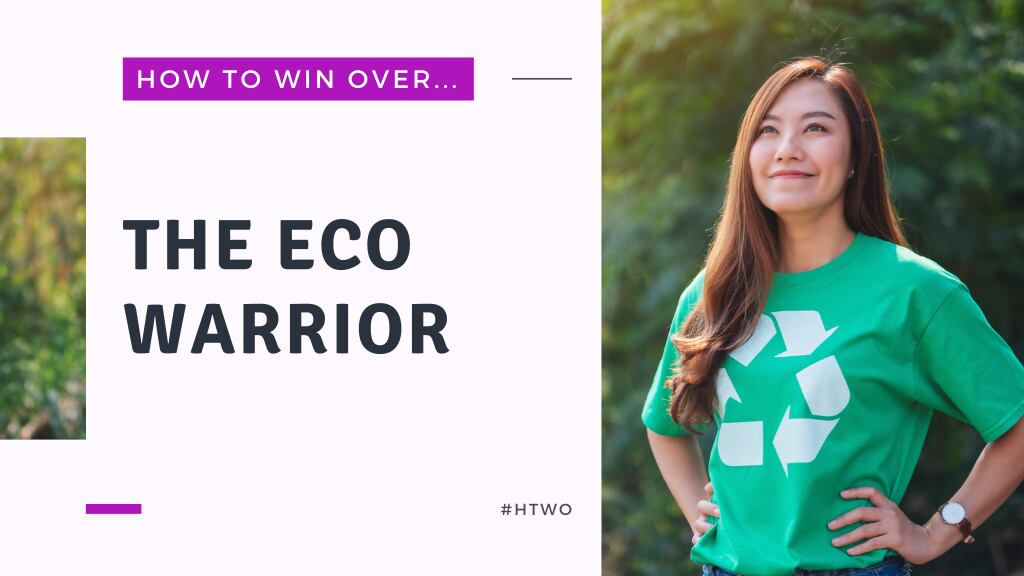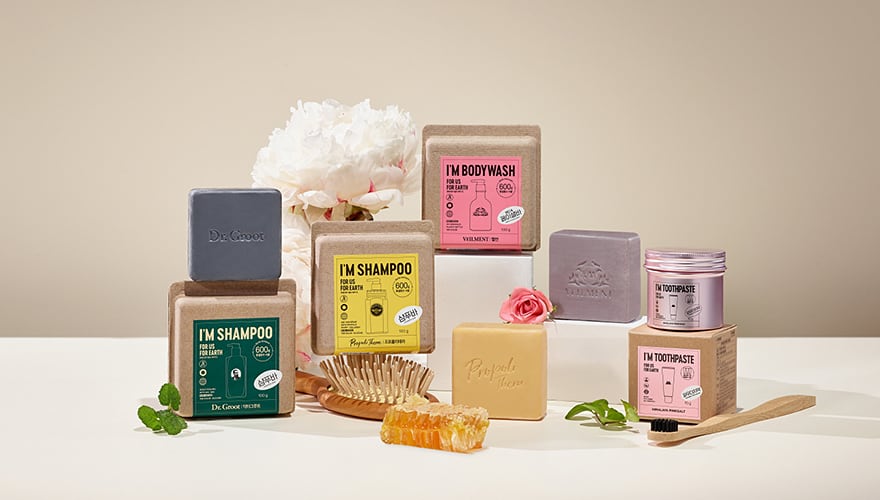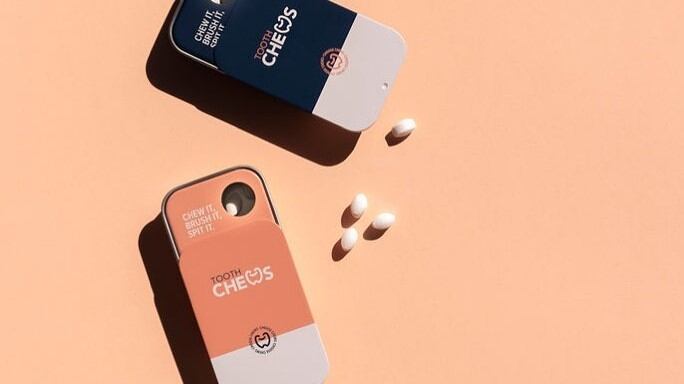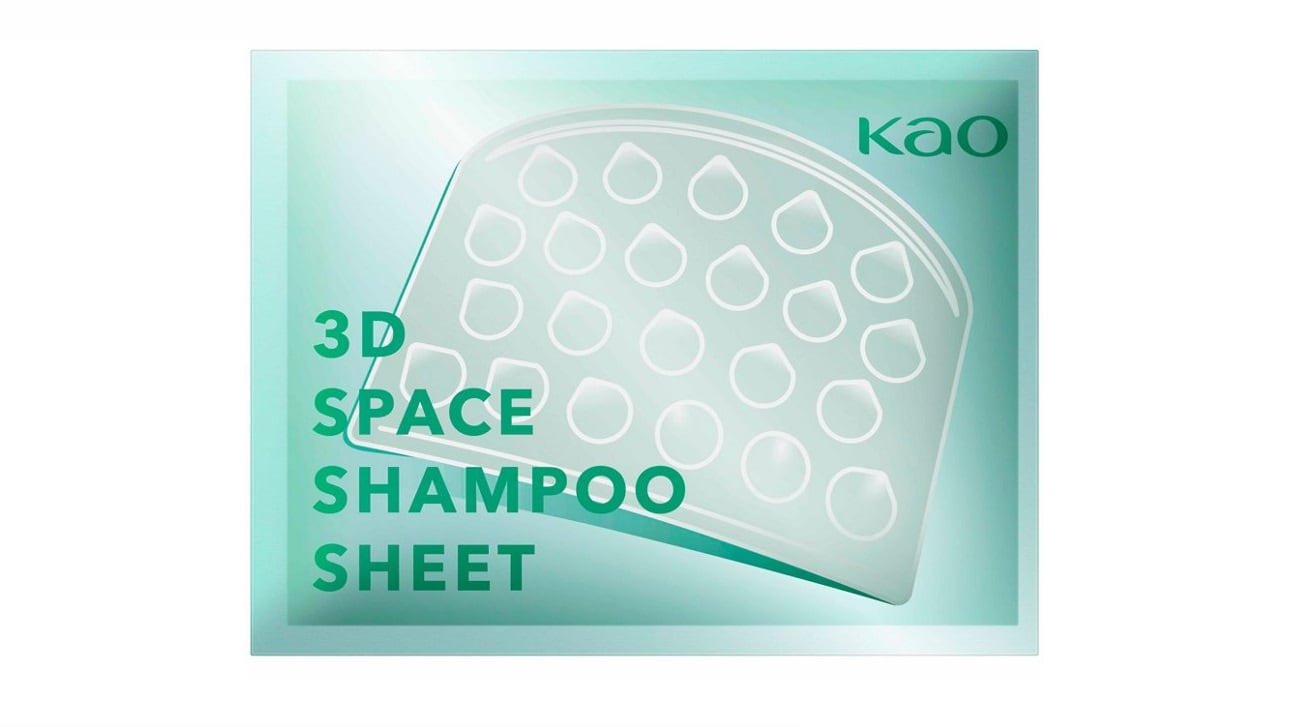For years now, sustainability in the beauty industry has been taking growing increasingly important and it is no exception in Asia Pacific. However, the sustainability conversation in beauty often revolved around reducing the reliance on single-use plastics and finding alternative eco-friendly packaging materials.
Then the COVID-19 pandemic happened.
Amid mass panic, the absence of human activity like road and air travel saw a reduction of greenhouse emissions, while wild animals like the Indo-Pacific ‘pink’ dolphins returned to the unusually still waters between Hong Kong and Macau.
At the same time, the environment felt the consequence of our new daily habits, such as online shopping and food delivery, which inflated the volume of packaging waste.
“It’s really ironic. People started spending so much time at home and reading stories about what’s happening to our environment and then we started thinking about what we can do for our environment,” said Frederica Lam, regional marketing manager, APAC, IFF Lucas Meyer Cosmetics.
This awakening led people, who by then had more time on their hands, to question things like kerbside recycling processes, the integrity of carbon offsetting and greenwashing practices.
This has arguably been the catalyst that intensified the beauty consumers’ interest in the environment and how their lifestyle choices can affect the planet.
“We’ve taken a lot of things for granted. Then a little bug comes along that could kill you in a couple of days. People started thinking about their immunity, what they put in their bodies, what they use on their bodies,” said Ross Macdougald, veteran cosmetic chemist and founder of clean cosmeceuticals brand Biologi.
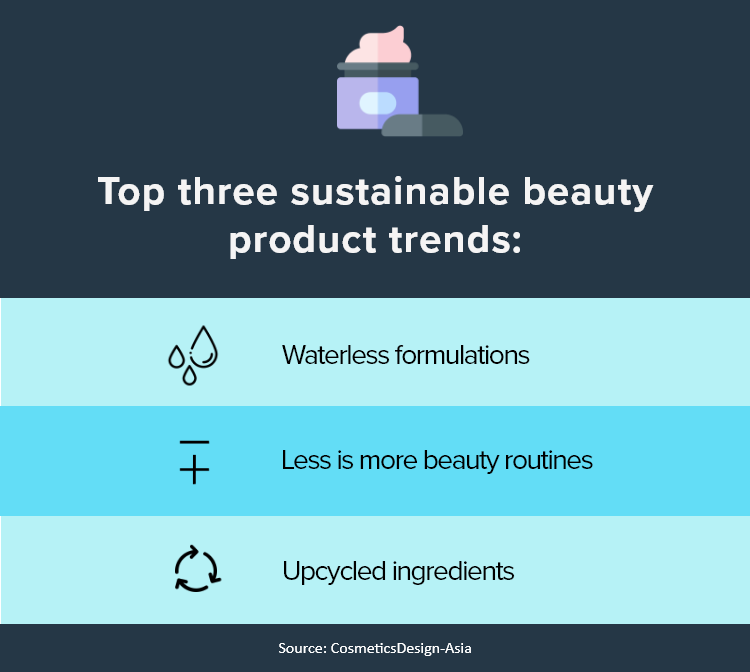
Less is more: Eco-friendly minimalism
Siddharth Somaiya, founder of Kiwi skin care brand Organic Riot, said that the pandemic has made beauty consumers more aware of the sheer number of products they consume.
“I guess during the pandemic, people were sitting at home and probably looking at the cupboards and seeing how much stuff they own. And maybe they figured they don't need so much to look their best.”
This shift in consumer priorities, Somaiya added, has led consumer to become averse to anything that’s “fluff”.
“I have seen people getting more into simple formulations, just five, maybe six ingredients, and that’s brilliant. This could be interesting because it sort of helps you pair down your skin care products into the essentials.”
Lucy Macdougald, managing director of Biologi, agreed, and noted that the company has observed more cosmetic players taking a minimalist approach to beauty recently.
“Biologi has always been about less-is-more, and the trend has been great for our brand. We’ve seen people jumping on the bandwagon and we think that’s great because we want to see change in the industry.”
The Australian brand is best known for its single-plant extract products that were the brainchild of Ross.
For Biologi, the minimalist approach extends beyond its products and into its supply chain. The company sources its raw materials from local farms and handles the extraction through its sister company, Plant Extracts.
“It’s all very transparent. We can tell our consumer exactly where we source our ingredients from. Our finger lime, for instance, is grown in a farm that’s half an hour away from us. The consumer can feel safe knowing we have everything controlled the entire way,” said Lucy.
Conversely, Ross believes that it would be very difficult for companies who use an average of 20 to 30 ingredients in a product to be sustainable.
“You know, we don’t think about how the manufacturers receive the materials they use. It comes in big plastic drums, and they can’t be recycled – so they just end up in landfills. Just think of how many ingredients are in one product and how many big plastic drums that end up in the landfills,” said Ross.
The company receives material directly from local farms to Plant Extracts, which extracts the ingredient and then sends it to Biologi headquarters.
“We have no waste. We have boxes that we use to pack the Biologi bottles, but even those are made from recycled cardboard,” said Ross.
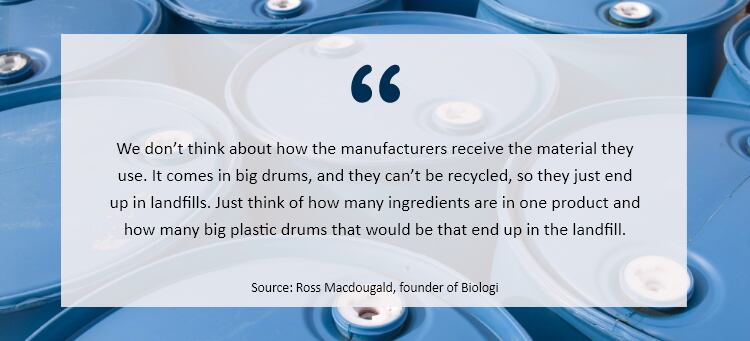
Waterless beauty: Minimising precious resources
Water is a fundamental ingredient in cosmetics, with some formulations consisting of up to 90% of water. With more concern of water scarcity, waterless, or anhydrous cosmetics, positions itself as being better for the environment.
“Water is just such an overlooked commodity,” said Yeeli Lee, the founder of waterless beauty brand Bhuman. “We are depleting water so quickly from the way we buy and consume things including fast fashion, which is a huge culprit, and meat as well. These things made water scarcity really top of mind when I wanted to create Bhuman.”
And the benefits do not stop there. Waterless beauty comes in several forms, from solid bars to powder – formats that are typically lighter and easier to package.
“Water and the use of plastics go hand-in-hand. If the formula is waterless, there is a higher chance it does not require plastic packaging which is a big win for the environment,” said Lynn Tan, founder and CEO of The Powder Shampoo.
However, waterless products face a huge hurdle in customer adoption and there’s a lot of education that needs to be done for brands to convince consumers to adopt new ways.
“They aren’t used to it. It’s strange to them and that’s one of the biggest hurdles… People have in their mind that putting something like a bar of soap on your hair can’t feel that nice,” said Katie Hennah, the founder of Nuebar, an Australian brand that specialises in solid personal care products like shampoo bars.
Helga Hertsig-Lavocah, senior futurologist and founder of Hint Futurology, told CosmeticsDesign-Asia that generally, sales for solid beauty products “aren’t huge” in the market.
“Everyone is doing solid products because that’s what everyone wants to be signalling, that we’re being good for the environment. But if I’m honest here, adoption is low. You buy it, you try it and if it doesn’t work, you go back to what works.”
This is why brands like Nuebar place huge importance on emphasising the performance of their products.
“You have to help [consumers] by letting them know that it may look like a soap bar, but the performance is different,” said Hennah.
“We focus a lot on performance and when we talk about our products, and we really sell it as a salon-quality shampoo. We really formulated to make sure that we're hitting that market. We didn't want to just appeal to a market that was about doing the right thing ecologically.”
When developing her powdered shampoos, Tan was also acutely aware of the importance of replicating the experiences of conventional liquid formulas.
Over the past two decades, she had carved out a successful career in the hair care industry as the former managing director of Ales Group Singapore, the company behind the French brand Phyto Haircare.
“I personally enjoy the [hair] washing, the whole pleasure of it and these are the people I’m going after. I needed to give an option where people can enjoy the foaming effect, the whole pleasure of washing and the effectiveness of a good shampoo, which I’ve been used to selling.”
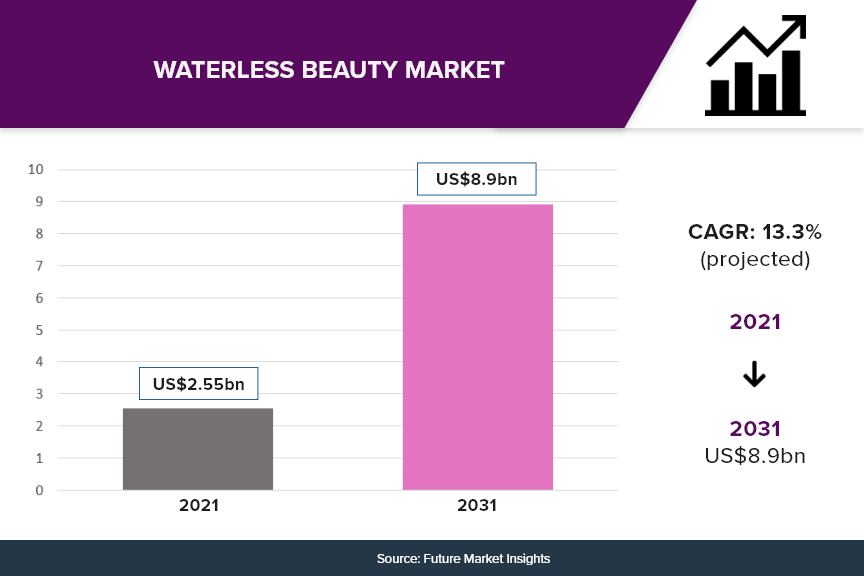
Upcycled materials: Going full circle
CosmeticsDesign had previously identified upcycled ingredients as being one of the key trends set to shape the global beauty space in 2022.
“This is more of a lifestyle trend that is slowly creeping into the beauty and personal care market. The interest is definitely key among consumers because you don’t have to take something additional from Mother Nature and cause more pressure on the planet,” explained Lam.
The concept of upcycling materials first started in the food industry and is making its way into the beauty market.
A family-owned dairy farm in Tasmania recently developed Ewecare, a range of luxurious skin care products made from unwanted sheep’s milk. It is the latest addition to the family’s operations, which already includes a sheep cheesery and distillery that makes sheep whey-based spirits.
It conceived of Ewecare to utilise milk that was unfit to be made into cheese and would otherwise have been disposed of. Despite not being fit to use to make cheese, the sheep’s milk is rich in vitamins like A, C, D and E.
The use of unwanted materials extends to its packaging solution. To minimise single-use plastic waste, Ewecare’s day and night creams can be purchased in 100% home compostable sachets which can be emptied out into the customers’ own upcycled jar.
They can also purchase the brand’s artisanal ceramic jars that are emblazoned with markings that are the result of burning waste wool. The unique jars exude a sense of bespoke luxury while communicating Grandvewe’s strong values of circularity.
However, the firm is aware that a ceramic jar is not exactly the most portable packaging solution.
“It’s totally not convenient. That’s our next problem to solve. For us, [the launch of Ewecare] was very timely, in the middle of COVID when everyone was spending time at home. With borders reopening and people travelling, we're going to miss an opportunity to capitalise on some demand,” said founder and director Nicole Gilliver.
Staying true to its values, the company is currently developing a more convenient portable jar made from wheat straw plastic, which is a by-product of the wheat harvest that would otherwise be discarded.
“We think bioplastics are a great option. They are industrially compostable, but you can reuse them any number of times so the notion of sustainability is still enveloped in this. A refill is a much more biodynamic, sustainable, and responsible option.”
While there is interest in the use of upcycled materials in beauty, Lam believed the concept is still in its infancy in the APAC region.
“The beauty brands themselves are very interested. However, they are still looking at consumer acceptance which requires time for education to raise awareness. Asia is a learning phase because if you look at the region in general, environmental consciousness is still quite a young topic. Compared to the Western countries, we are still at the infancy stage.”
‘Stop talking about sustainability’: Green fatigue
When Somaiya launched Organic Riot in 2016, he was passionate about spreading the message of sustainability. Speaking to CosmeticsDesign-Asia in 2020, he attributed the success the brand achieved early on to its strong sustainability messaging.
Today, Somaiya told us that he believes brands should “stop talking about sustainability”.
“I’m not joking. It’s so frustrating, all I see around me is greenwashing. There are countries where regulation is very limited so you can just claim anything. It’s frustrating when you are actually organic, but someone else is claiming they are organic when they are potentially not. So, you have to re-educate the consumer – that is such a time consuming and expensive exercise.”
Hertsig-Lavocah believes Somaiya is probably not the only one feeling the frustration. “Yes, there is sustainability fatigue. Really, how much more good can you do? Greta Thunberg is fantastic, but how many people can live a life that virtuous? We are primarily curious animals driven by fun, if not, we wouldn’t have come out of the cave and discovered fire.”
She noted that sustainability was simply not unique anymore. “Back in the day, The Body Shop had really clear positioning and they were unique, they were for a long time. But when you start seeing words like organic slapped on all sorts of products at the supermarket, then the consumer doesn’t know what it means anymore.”
Somaiya believes that today, sustainability should just be the “icing on the cake” for consumers.
“It should be sustainable by design anyways. I think the responsibility of sustainability shouldn’t be on the consumer. The world around us should be sustainable by design. The world should be sustainable enough that consumers, by design, are already making responsible choices.”
Today, Somaiya is more interested in communicating about the efficacy of his products.
“If your product is crap, nobody cares how sustainable you are. I’m at a point where I just want to talk about efficacy. I think indirectly, people will understand our efficacy as a proxy for sustainability because of the way we look at our ingredients, which are cold-pressed etc… I think we should just tell them what they want to hear and if they are more curious, they will take it further.”
Similarly, Biologi has never directly been marketed as a sustainable brand, said Ross, even though it is baked into the brand’s DNA. Instead, the brand focuses on the ingredients and efficacy of its products.
‘Looking back to go forward’: What’s in a green future?
In considering the future outlook for the beauty industry and figuring out what lies ahead for sustainability, Hertsig-Lavocah suggested that the industry needed to be “looking back to go forward”.
“Everything is a cycle. Recently, some Hollywood celebrities have come forward to say they don’t shower that often. It’s this organic hippie thing from the 60s where you don’t shower because it’s better for the planet. They wash their armpits, but they don’t have a full shower every day – only bits and pits.”
Hertsig-Lavocah believes one of the biggest ecological pitfalls of the beauty industry is that consumers are engulfed by too many choices.
“We used to have a lot less choice. I think about my mum going to the supermarket in the 50s – there was probably just Dove bars – maybe there was one, maybe two. Now you go into the supermarket, or the drugstore and you are confronted with 15 different Crest toothpaste alone.
“We’ve created a machine – what’s the new drop? What’s the new launch? Just look at make-up, how many colour palettes do you really need?”
She highlighted that there are brands on the market that do not release new products every year and keep to a curated capsule of products but questioned how financially sustainable they could be.
“It may be planet sustainable, but financially, it’s not sustainable for a brand to launch one product and not launch more stuff… We’ve created a consumer that wants new things all the time, that’s hungry for new things.”
Hertsig-Lavocah suggested that perhaps personalisation could be the keystone that will save the planet.
“Bulk is how you get sustainable. It would make a lot of sense in terms of the green evolution to get a shampoo or conditioner refill delivered to my door then I can add shots, shake it up and that will make it my own product. This way, P&G won’t need to make 40 or 50 different products. There can be one basic formula and you can be the manufacturer at home, adding different shots or boosters.”
Through this model, consumers can experiment and satisfy their desire to try new things in a sustainable manner.
Consumer awareness of sustainability will only increase in the age of information, but the cosmetics industry has a responsibility to engage with consumers and hold their interest in pursuing options for a better world.
The brands that will succeed and lead the green beauty movement are those that can bring forth innovative concepts that combine sustainable values, simplicity, and excitement.


